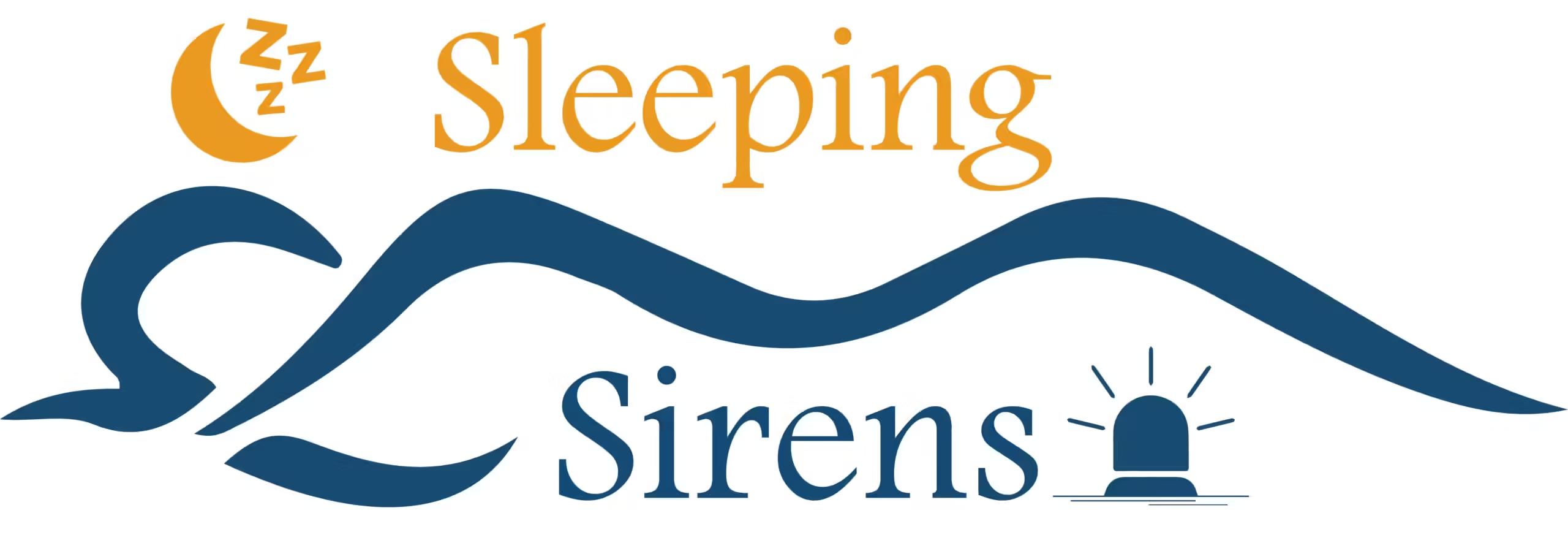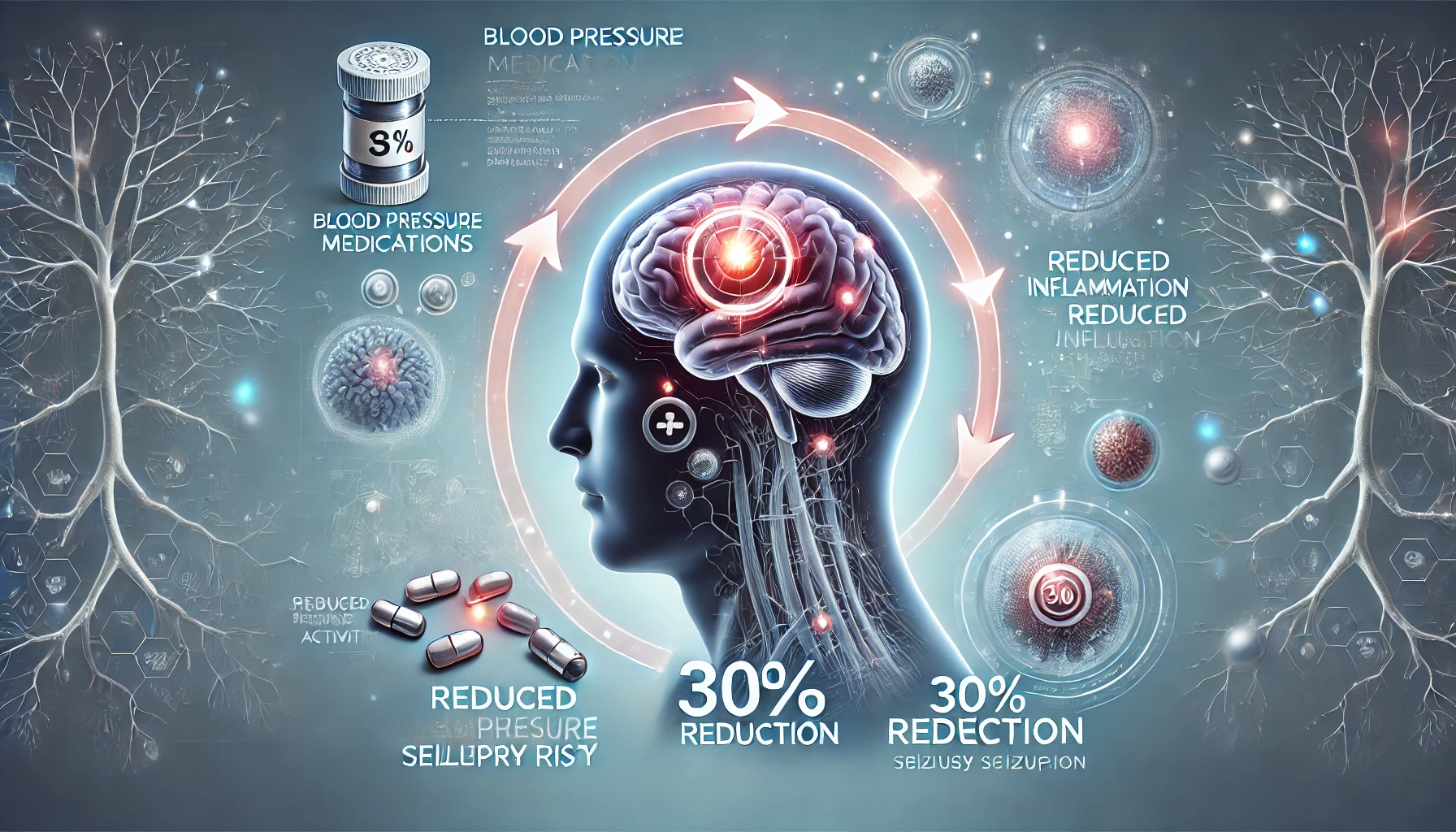Table of Contents
Epilepsy Risk Drops Up to 30% on Existing Blood Pressure Drugs
In a groundbreaking study, researchers at Stanford University have discovered that existing blood pressure medications can reduce the risk of epilepsy by up to 30%. This finding, published in the Stanford Medicine News Center, could have significant implications for millions of people worldwide who are at risk of developing epilepsy. The study highlights the potential of repurposing common antihypertensive drugs to manage epilepsy, offering a new avenue for prevention and treatment.

The Link Between Blood Pressure (BP) Medications and Epilepsy
Epilepsy is a neurological disorder characterized by recurrent seizures. Managing epilepsy can be challenging, and finding effective preventive measures is crucial. The Stanford study delves into the relationship between blood pressure medications, specifically angiotensin-converting enzyme (ACE) inhibitors and angiotensin II receptor blockers (ARBs), and the incidence of epilepsy.
Key Findings
- Significant Risk Reduction: The study found that individuals taking ACE inhibitors or ARBs experienced a 20-30% reduction in the risk of developing epilepsy compared to those not on these medications.
- Mechanism of Action: Researchers believe that these BP drugs may have a protective effect on the brain, reducing inflammation and stabilizing neural activity, which can help prevent seizures.
- Wider Implications: The findings suggest that people already taking these medications for hypertension may receive the added benefit of epilepsy risk reduction, potentially altering treatment protocols for high-risk groups.
Understanding the Study
The research team analyzed data from a large cohort of patients, focusing on those with hypertension who were prescribed ACE inhibitors or ARBs. They tracked the incidence of epilepsy over several years, comparing it to a control group not using these medications. The results consistently showed a lower incidence of epilepsy among those on blood pressure drugs.
Practical Applications
For healthcare providers, these findings could influence prescribing practices, particularly for patients with a family history of epilepsy or other risk factors. By incorporating blood pressure medications that also offer neuroprotective benefits, doctors can take a proactive approach in reducing the risk of epilepsy.
Benefits Beyond Blood Pressure Control
The dual benefits of these medications underscore the importance of considering holistic treatment strategies. Blood pressure control is vital for cardiovascular health, and the added potential to reduce epilepsy risk enhances the value of ACE inhibitors and ARBs in clinical practice.
Patient Considerations
For patients, this discovery brings hope for improved management of epilepsy risk. Those currently on blood pressure medication should discuss these findings with their healthcare providers to understand the potential benefits and any necessary adjustments to their treatment plans.
The discovery that existing blood pressure drugs can reduce the risk of epilepsy by up to 30% is a significant advancement in medical research. This innovative approach to repurposing common medications opens new possibilities for preventing epilepsy and improving patient outcomes. For more detailed information on the study, you can read the full article on the Stanford Medicine News Center here.
More blogs: https://sleepingsirens.com

